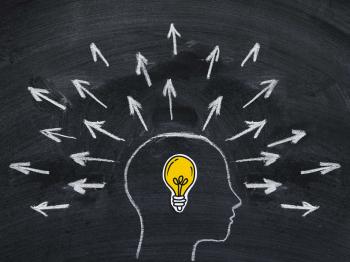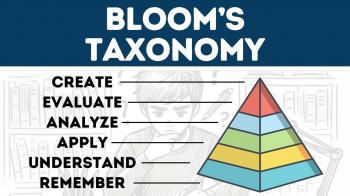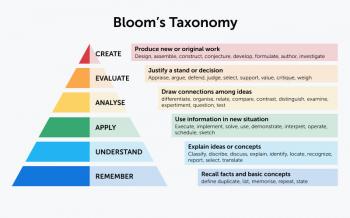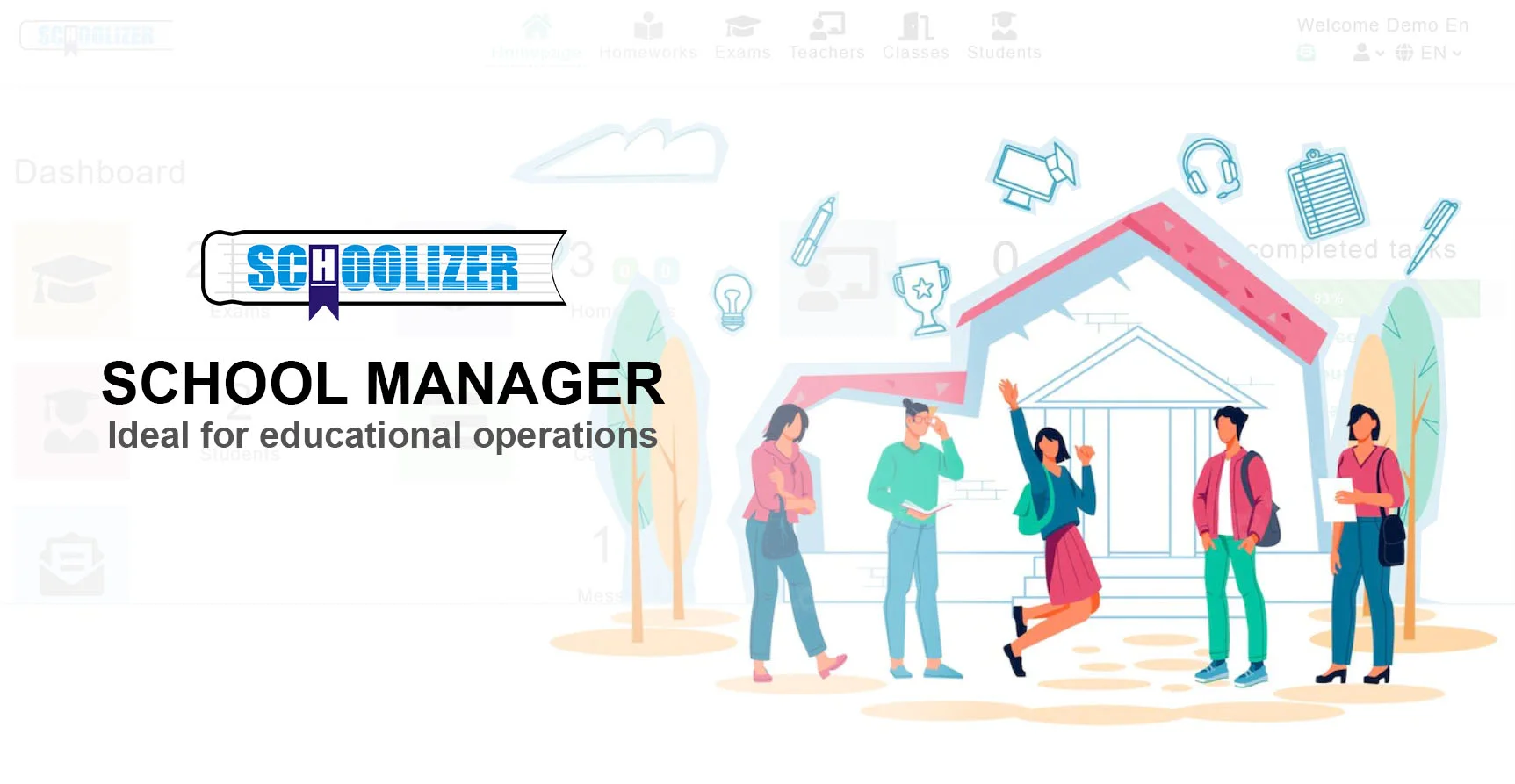Critical Thinking About Democracy: 12 Essential Questions for Informed Voting

12 Critical Thinking Questions to Ask About Voting and Government
What does it mean to be an informed voter? Why is critical thinking essential in a democracy? How can we evaluate government policies objectively? These questions lie at the heart of civic engagement. In an era of information overload and political polarization, developing the ability to think critically about voting and governance is more important than ever.
1. Understanding the Purpose of Voting
Voting is often described as both a right and a responsibility in democratic societies. But what exactly does it accomplish? At its core, voting is a mechanism for collective decision-making where citizens express their preferences about who should represent them or which policies should be implemented.
Critical questions to consider: Is voting merely about selecting leaders, or does it serve broader social functions? How does voting contribute to political stability? What happens when voter participation declines?
A real-world example is the 2020 U.S. presidential election, which saw record voter turnout. The high participation demonstrated how voting can serve as both a political expression and a means of resolving conflicts peacefully through established processes rather than violence.
2. Evaluating Political Information Sources
In today's digital age, voters are bombarded with information from countless sources - news outlets, social media, political campaigns, and more. The challenge lies in distinguishing factual information from misinformation or biased perspectives.
Critical thinking approaches: Who benefits from this information? What evidence supports these claims? Are there alternative viewpoints being presented? How recent is this information?
For instance, during election seasons, fact-checking organizations like PolitiFact or FactCheck.org provide valuable services by verifying claims made by political candidates, helping voters make informed decisions based on verified facts rather than rhetoric.

3. Analyzing Campaign Promises vs. Reality
Political campaigns are often filled with ambitious promises, but how many actually materialize? Critical voters should examine the feasibility of campaign pledges and track records of implementation.
Key considerations: What resources would be required to fulfill this promise? Has the candidate or party delivered on similar promises in the past? What obstacles might prevent implementation?
A practical example is analyzing universal healthcare proposals. While many candidates support the concept, the actual implementation varies significantly based on political realities, budget constraints, and legislative processes.

4. Understanding the Impact of Voting Systems
Not all voting systems are created equal. The method by which votes are counted and translated into representation can dramatically affect election outcomes and governance.
Important questions: Does the current system encourage broad representation or favor certain groups? How might alternative systems (proportional representation, ranked-choice voting) change outcomes? What are the trade-offs between different systems?
For example, countries like Germany use mixed-member proportional representation, which tends to produce legislatures that more closely reflect the popular vote compared to winner-take-all systems.

5. Assessing the Role of Money in Politics
Campaign financing significantly influences who can run for office and what issues receive attention. Critical thinkers should examine how financial resources affect political outcomes.
Critical perspectives: How does campaign funding influence policy priorities? What reforms might reduce undue influence? How do different countries regulate political financing?
The U.S. Supreme Court's Citizens United decision, which allowed unlimited independent political expenditures by corporations and unions, dramatically changed the campaign finance landscape, demonstrating how legal decisions can reshape political dynamics.

6. Considering Long-Term vs. Short-Term Impacts
Political decisions often involve trade-offs between immediate benefits and long-term consequences. Critical voters should evaluate policies through both lenses.
Thought-provoking questions: How might this policy affect future generations? What are the potential unintended consequences? Are we solving symptoms or root causes?
Climate change policy provides a clear example. While fossil fuels offer short-term economic benefits, renewable energy investments, though initially costly, may prevent far greater future expenses from environmental damage.







